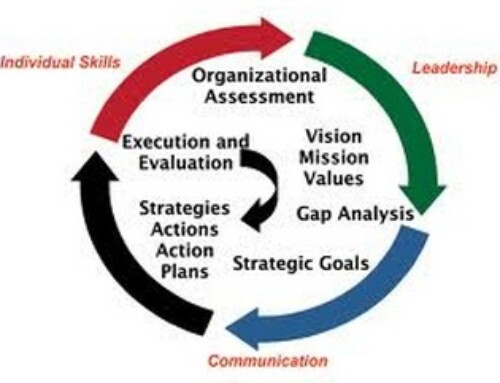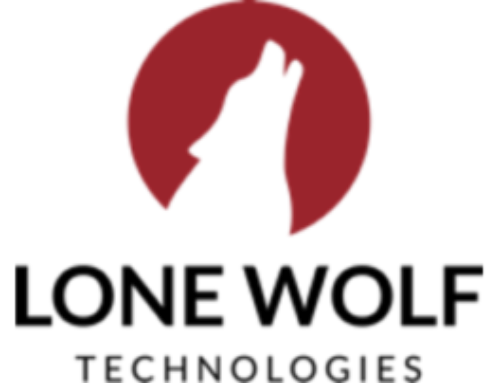 As a student of philosophy I often found value in considering the extremes of an issue before trying to understand the balance.
As a student of philosophy I often found value in considering the extremes of an issue before trying to understand the balance.
An article published this week in The New York Times gave an extreme example of an International real estate market that provides valuable consideration of where we are today in our real estate market.
In Havana, Cuba, 100% of the real property is owned by the socialist state. Hence, in theory, there is no real estate economic market, right? Seriously, if you need a house, the government provides you one. Simple.
Add the human element and then what happens.
All housing cannot be equal in the eyes of humans.
No housing can be maintained and built equally.
No housing can be equally distributed without favored locations.

In Havana, many homes have leaking roofs, no running water, no private toilets. Citizens there put their name on the list and wait, and wait.
The government has a process for regulating housing swaps, but it is broken. Understanding that this failed system cannot stop people, they have legislated that any effort to serve as an agent, or trade homes independent of the government system is illegal.
As a result, there is a huge black market housing industry full of corruption and scams.
People make money from housing swaps. According to the New York Times article, every Cuban is plotting to upgrade residences or knows someone who is. Although this claim is not scientific, it is believable and probably true.
Are things so very different here in the United States, or for that matter, anywhere on the planet where people live? Is it not true that even in the transient tribes of the American Indians, the quality of the teepee and location in temporary village was indicative of social standing?
Housing is fundamental to our very nature.
The Cuban MLS is agent owned. On the popular El Prado street, illegal agents sit on stone benches trying to make deals (or swindle hopeful families with empty promises).
What insight does this offer us in tour real estate market?
There is a necessary balance that needs to be mitigated between Governance and the Black Market. Without rules and regulations, consumers fall victim to the disorganized chaos of unscrupulous agents. With too many rules and regulations, disorganized chaos is inspired.
It is probable and believable that the mortgage crisis we face today is a result of too few rules and regulations on lending – specifically, allowing consumers to agree to loan payments well beyond their financial reach. By bundling good and bad loans together, mortgage brokers were able to get unqualified homeowners financed on property beyond their means.
Our government is in the process of tightening lending rules and regulations. Will they go too far or not far enough? You can bet that there will be plenty of arguments on both sides of the legislation. Either way, you can be guaranteed of this. The first attempt will not get it right. The rules and regulations will need to be adjusted for years to come.
In the worst case, new regulations will create barriers to home ownership in the United States, and the cost of administrating the rules and regulations will increase home costs without adding any value.




